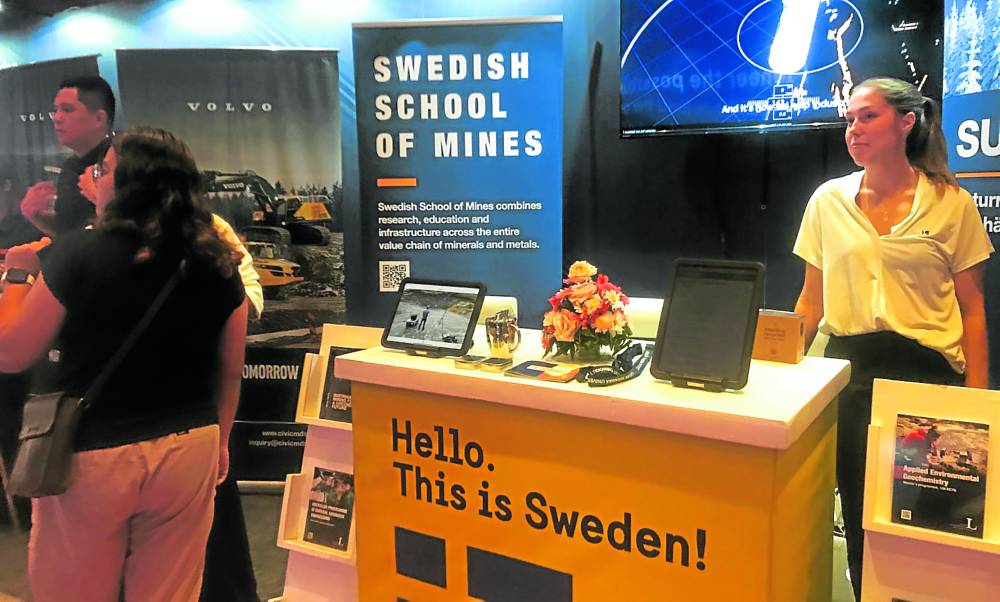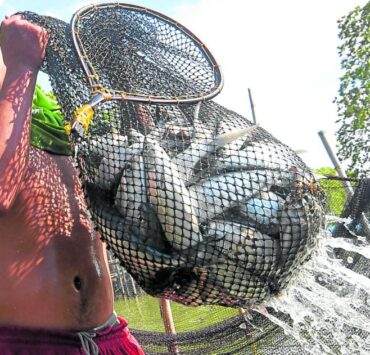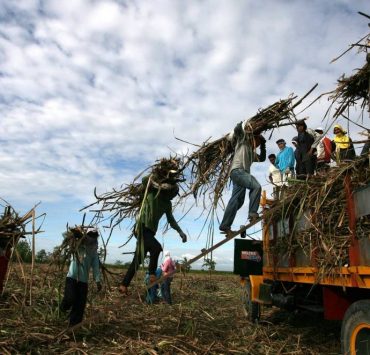‘Responsible mining’ nations offer tech skills, wisdom to PH miners

BAGUIO CITY — Nations with history and expertise in sustainable green mining are offering to share their wisdom with Filipino miners, now that local mining is expected to give the Philippine economy a shot in the arm.
Speaking at the 70th Annual Mine Safety and Environment Conference here on Thursday, South African Ambassador Bartinah Ntombizodwa Radebe-Netshitenzhe said the world’s shift to clean energy and environmentally-safe technologies has made mining even more important across the globe.
The conference, held from Nov. 19 to Nov. 22 at the CAP-John Hay Trade and Cultural Center in Baguio City and spearheaded by the Philippine Mine Safety and Environment Association (PMSA), drew some 3,000 participants from local mining companies and representatives of countries heavily invested in the industry.
South Africa operates one of the world’s biggest mines, which have become vital because of soaring demand for nickel, copper and rare elements to produce solar batteries and electric vehicles. It also extracts lithium, a rare element.
Sweden is also exploring partnership deals with the Philippines, and is offering Filipino miners a package of skills capacity trainings and mining-oriented university exchange programs, drawing from a millennium of experience in mining that dates back to the year 1000, said Swedish Ambassador Harald Fries, when he spoke at the conference’s community relations forum on Wednesday.
Fries said his country is Europe’s leading producer of iron ore, zinc and lead and stressed that Swedish mining has evolved using cutting-edge technologies which are “safe, autonomous, electrified, digitized and carbon dioxide-free.”
According to Fries, Swedish mines are methodical and not risk takers. The industry operates “test mines” where new technologies are studied and piloted before the devices are employed in real projects, he said.
Because safety is a priority, a Swedish mine had also financed the relocation of a whole city, Kiruna, beginning in 2019, because portions of the community that stands atop a modern underground iron mine, have been sinking, Fries said.
The ambassador said he resides near the 10th century Falun Mine which closed in 1992 and had become a mine museum that displays the advancement of the Swedish mine industry across a millennium. It was made a World Heritage Site alongside Falun town.
Coexistence
Sweden has also deepened its relationship with the indigenous Sami Peoples of Europe, and has amended its laws and even its own Constitution to grant more rights and opportunities to indigenous communities where mining operates, Fries said, to explain the arrangements that could be tackled in future dialogues with mine leaders.
Filipino mines, on the other hand, still struggle to secure the free, informed and prior consent of indigenous Filipino communities when projects affect their ancestral lands, despite policy efforts to simplify the process. The 1987 Constitution recognizes and protects the right of all indigenous peoples.
The Sami people, also known as the “Laplanders,” populate the northern regions of Sweden, Norway, Finland and Russia’s Kola Peninsula.
Fries said 20,000 Sami live in Sweden, and have had conflicts also with mining and its impact on their culture and traditions.
Swedish laws require mines to draw up a demarcation zone around Sami lands before these companies are granted permits, and to reveal to the Sami all of the consequences their projects may likely bring to the indigenous community and what steps are being taken to prevent the worst impact, the ambassador said.
New regulations
Apart from technical support, Filipino miners are interested in these countries’ standards that would ensure that local mining remains ecologically responsive, said Luis Sarmiento, president of PMSA, which recently signed a memorandum of understanding with Fries.
Sarmiento said the discussions surrounding Sweden’s responsible mining practices could trigger policy and regulatory changes that would require legislation.
Last Monday, Filipino and British scientists recommended more stringent regulations for monitoring soil quality and the waterways particularly in regions where mining operates.

















